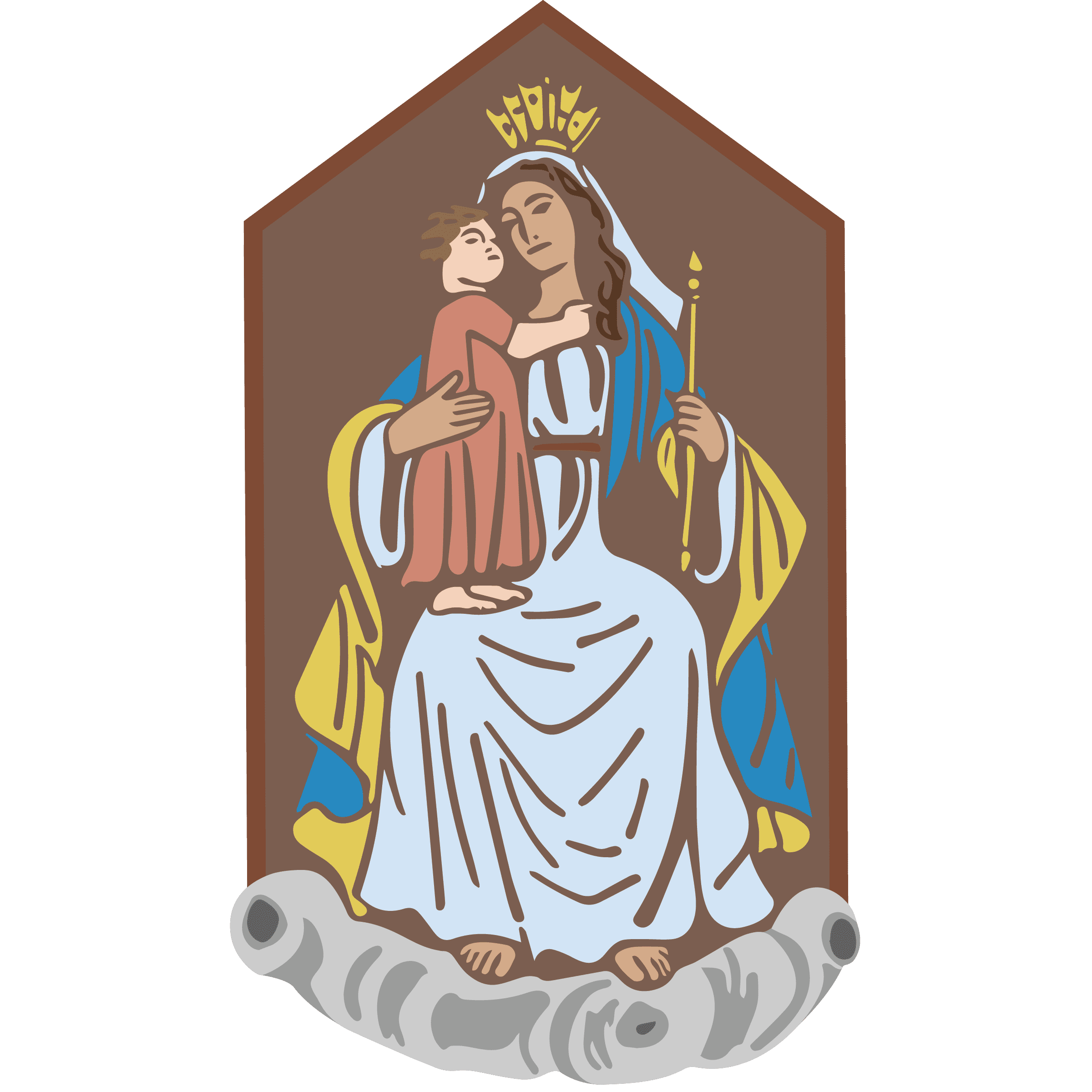February 5 – Fifth Sunday in Ordinary Time
The Eucharist is the “source and summit of the Christian life”. (Lumen Gentium, 11) It is our direct contact with the passion, death, and resurrection of Jesus. As St. John Paul II put it, “The Church constantly draws her life from the redeeming sacrifice; she approaches it not only through faith-filled remembrance, but also through a real contact, since this sacrifice is made present ever anew, sacramentally perpetuated, in every community which offers it at the hands of the consecrated minister. The Eucharist thus applies to men and women today the reconciliation won once for all by Christ for mankind in every age.” (Ecclesia de Eucharistia, 12)
There’s a lot riding on the Catholic doctrine of transubstantiation (the bread and wine change substantially into the Body and Blood of Jesus), so if we have any doubts about Jesus’ intentions when he instituted the Eucharist at the Last Supper, let’s listen to how the early Christians unerstood what Jesus meant by the words “This is my body…do this in remembrance of me.”
St. Ignatius of Antioch, writing in AD 110: “I have no taste for corruptible food nor for the pleasures of this life. I desire the bread of God, which is the flesh of Jesus Christ, who was of the seed of David; and for drink I desire his blood, which is love incorruptible.” (Letter to the Romans 7:3)
“Take note of those who hold heterodox opinions on the grace of Jesus Christ which has come to us, and see how contrary their opinions are to the mind of God. . . . They abstain from the Eucharist and from prayer because they do not confess that the Eucharist is the flesh of our Savior Jesus Christ, flesh which suffered for our sins and which that Father, in his goodness, raised up again. They who deny the gift of God are perishing in their disputes.” (Letter to the Smyrnaeans 6:2–7:1)
St. Justin Martyr, writing in AD 151: “We call this food Eucharist, and no one else is permitted to partake of it, except one who believes our teaching to be true and who has been washed in the washing which is for the remission of sins and for regeneration [i.e., has received baptism] and is thereby living as Christ enjoined. For not as common bread nor common drink do we receive these; but since Jesus Christ our Savior was made incarnate by the word of God and had both flesh and blood for our salvation, so too, as we have been taught, the food which has been made into the Eucharist by the Eucharistic prayer set down by him, and by the change of which our blood and flesh is nurtured, is both the flesh and the blood of that incarnated Jesus” (First Apology 66)
St. Irenaeus, writing in AD 189: “He has declared the cup, a part of creation, to be his own blood, from which he causes our blood to flow; and the bread, a part of creation, he has established as his own body, from which he gives increase unto our bodies. When, therefore, the mixed cup [wine and water] and the baked bread receives the Word of God and becomes the Eucharist, the body of Christ, and from these the substance of our flesh is increased and supported, how can they say that the flesh is not capable of receiving the gift of God, which is eternal life—flesh which is nourished by the body and blood of the Lord, and is in fact a member of him?” (Against Heresies, 5:2).
Father James

